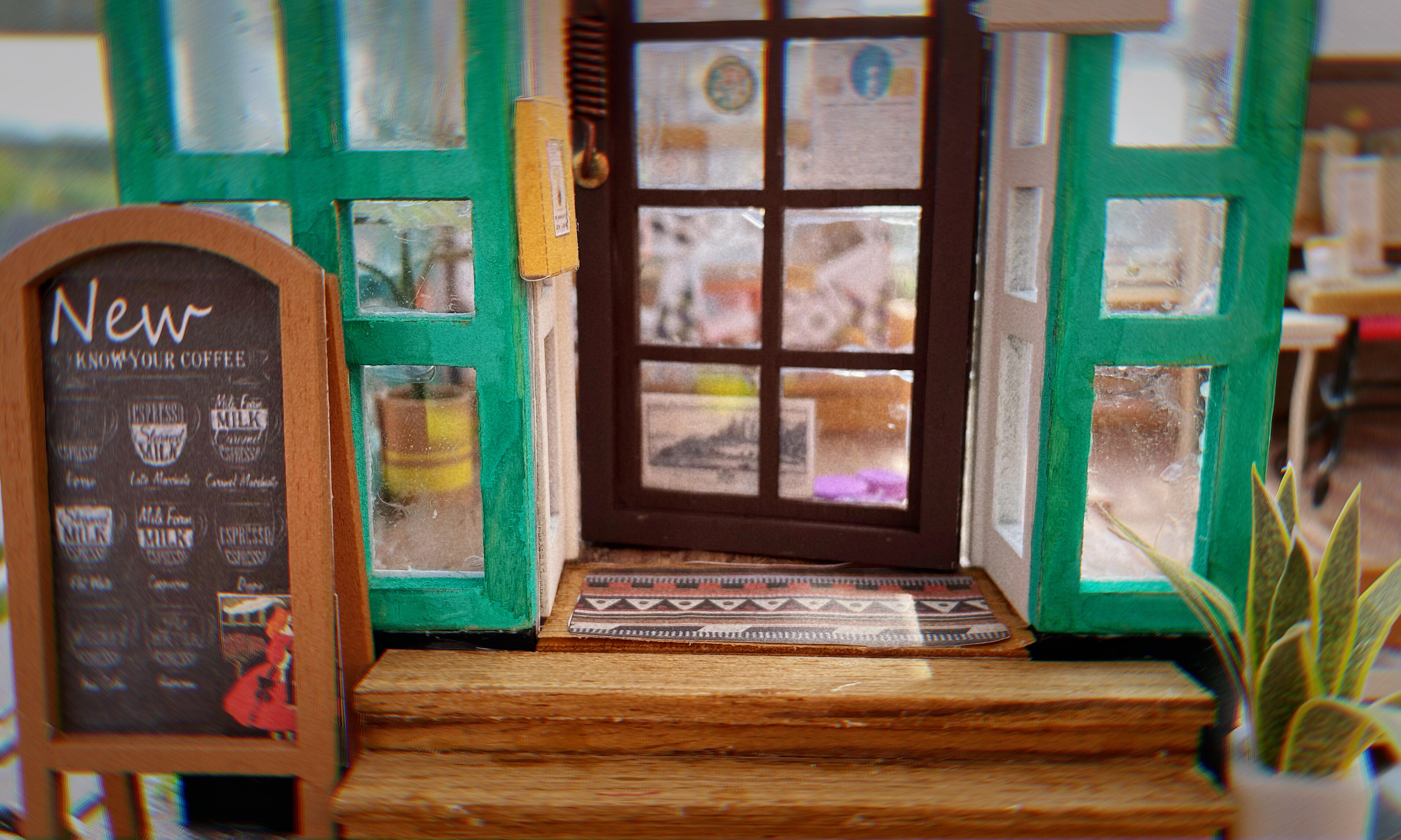“Brett Ford [...] with her colleagues Maya Tamir and Iris Mauss [...] They wanted to know: Does trying consciously to make yourself happier actually work? If you decided—today, now—to dedicate more of your life to deliberately seeking out happiness, would you actually be happier a week from now, or a year from now? The team studied this question in four countries: the United States, Russia (at two different locations), Japan, and Taiwan. They tracked thousands of people, some of whom had decided to deliberately pursue happiness and some of whom hadn’t.
When they compared the results, they found something they had not expected. If you deliberately try to become happy, you will not become happier—if you live in the United States. But if you live in Russia, Japan, or Taiwan, you will become happier. Why, they next wanted to know, would that be?
Social scientists have known for a long time that—to put it crudely—there is a significant difference between how we think of ourselves in Western societies and how people in most of Asia conceive of themselves.
[...]
in the West, we mostly have an individualistic way of looking at life. In Asia, they mostly have a collective way of looking at life.
[...]
If you decide to pursue happiness in the United States or Britain, you pursue it for yourself—because you think that’s how it works. You do what I did most of the time: you get stuff for yourself, you rack up achievement for yourself, you build up your own ego. But if you consciously pursue happiness in Russia or Japan or China, you do something quite different. You try to make things better for your group—for the people around you. That’s what you think happiness means, so it seems obvious to you. These are fundamentally conflicting visions of what it means to become happier. And it turns out—for all the reasons I described earlier—that our Western version of happiness doesn’t actually work—whereas the collectivist vision of happiness does.
[...]
In fact, this search for individual solutions is part of what got us into this problem in the first place. We have become imprisoned inside our own egos, walled off where true connection cannot reach us. I started to think of one of the most banal, obvious clichés we have: Be you. Be yourself. We say it to one another all the time. We share memes about it. We say it to encourage people when they are lost, or down. Even our shampoo bottles tell us—because you’re worth it.
But what I was being taught is—if you want to stop being depressed, don’t be you. Don’t be yourself. Don’t fixate on how you’re worth it. It’s thinking about you, you, you that’s helped to make you feel so lousy. Don’t be you. Be us. Be we. Be part of the group. Make the group worth it. The real path to happiness, they were telling me, comes from dismantling our ego walls—from letting yourself flow into other people’s stories and letting their stories flow into yours; from pooling your identity, from realizing that you were never you—alone, heroic, sad—all along.
No, don’t be you. Be connected with everyone around you. Be part of the whole. Don’t strive to be the guy addressing the crowd. Strive to be the crowd.
So part of overcoming our depression and anxiety—the first step, and one of the most crucial—is coming together.”
#LostConnections #读书
其实我去当义工也是我努力想变快乐的一步,想要去帮助别人,认识更多的人。和我一起工作的同事仿佛知道每一个借阅者的名字,热情地和他们打招呼聊天,连我这个初来乍到的人的借阅号都记得清清楚楚,好像真的这里就是一个大家庭。我觉得这个方法会有用的。
不过还不知道我下一次什么时候排班诶 ![]()
@Volvicwasser 我仿佛记得我有关注你来着,怎么没了 ![]()

@unagi 我也不知道欸,难道是因为我锁了账号,我去打开